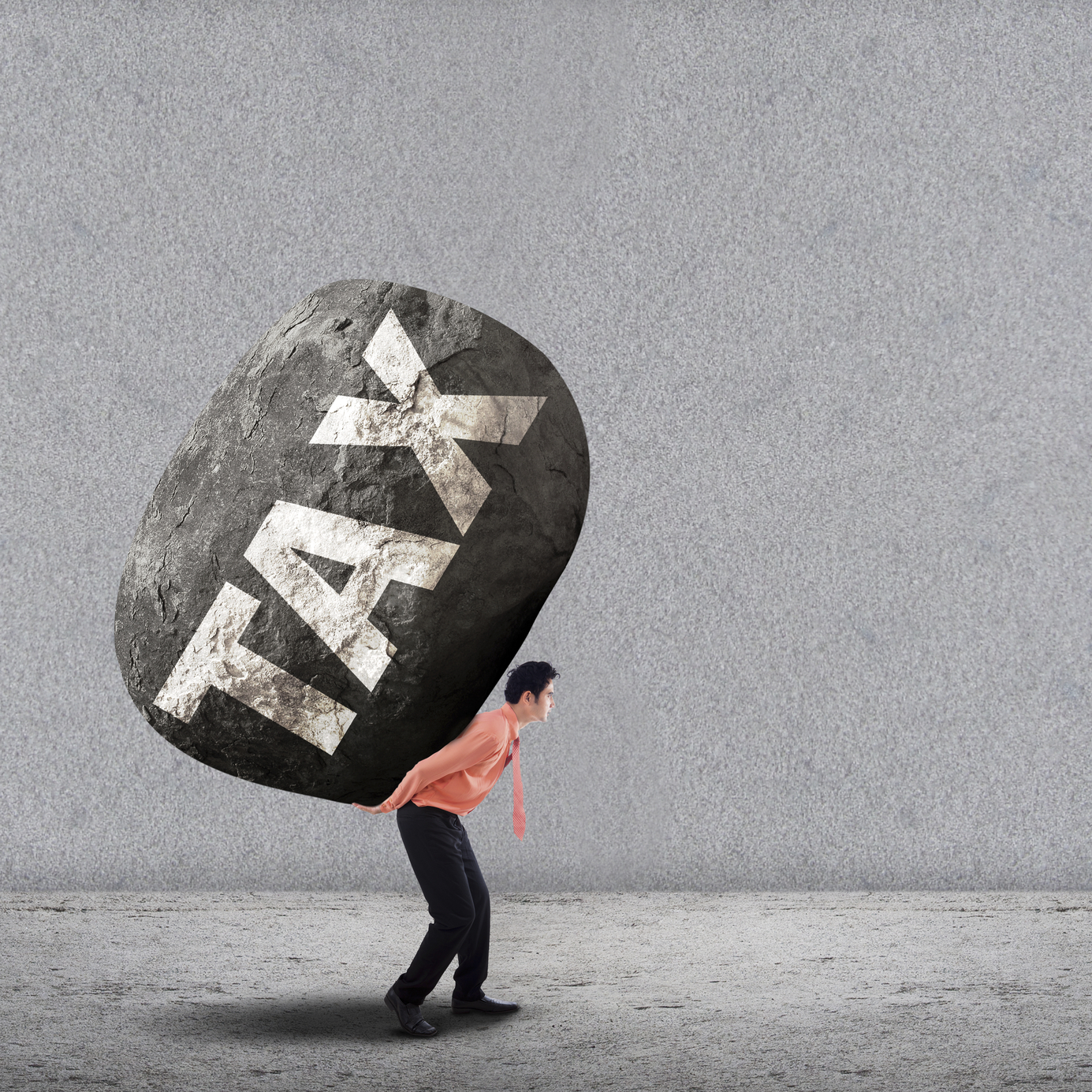Tax. Why you're paying more than you may think...
Ever wondered why there always seems to be too much month left at the end of the salary? We all have to pay taxes, but few are actually aware of how much they pay in total when taking into consideration direct in addition to indirect taxes.
According to the Office of National Statistics, the average household pays 34% of their income in taxes. People’s understanding of their own tax is often only considered in terms of their marginal tax rate. But the cumulative effect of numerous indirect taxes has a significant impact on net income per household, reducing the amount of disposable income dramatically. Infact, this average figure can go a lot higher for many households dependent upon your spending patterns. Over a lifetime, an average household will pay £395,000 in income tax and National Insurance.

For someone earning an average taxable income £40,000 per year, they would need to work for almost 10 years just to cover the direct tax liability alone. This doesn't even include indirect taxes, which inevitably, raises the liability significantly higher.
With such a high burden of taxation, where does this leave most people by the time retirement approaches.
Read on to find out more...

Not building an additional income stream now may prove disastrous to retirees
Research shows 15% of people do not have a penny of savings or investments, a further 29% have less than £2,000. Almost half of the people in England are not prepared to meet their retirement needs and will have to rely solely on the state pension to support themselves.
In particular, Londoners save the least amount of money for retirement, which is a daunting prospect for many, as London is also the city with the highest living costs, according to official figures.
The UK state pension age is increasing to 68 over the next two decades. By comparison, over the same time period in the rest of the developed world, the average retirement age will have moved up to only 65.5. Do you want to work longer out of necessity? Or would you rather have the option to choose when you retire?
According to the Pensions Policy Institute, the outlook for younger workers and the state pension only gets worse. 75% of workers now in their 20's will receive £19,000 less in total state pension payments. Those in their 30's could receive £17,000 less.
These shocking statistics show that for many, an alternative source of income may be needed to supplement living standards. Moreover, tax-free earnings could provide the perfect solution. That's why more and more people are turning to trading every day. However, trading is a skill that is developed over time.
Read on to learn about the 5 biggest mistakes new traders make, and how to avoid them...
The 5 reasons why more than half of new traders fail within the first six months
Learning any new skill takes time. Sometimes, jumping in at the deep-end can be the best way to accelerate learning, however, in trading terms, this is a surefire way to losing all your capital.
There is an increasing number of people taking to trading the markets, most of whom do not have a background in financial markets. The elementary mistakes most new traders' make often mean the difference between a long and profitable, or short and impecunious career trading.
Get your free report on what these mistakes are below.

Find out what the Technical Analysis Academy can do for you
Learn more about the TAA and how it can assist you toward starting your trading career, whether it be as a hobby to earn extra income, or something more serious.
